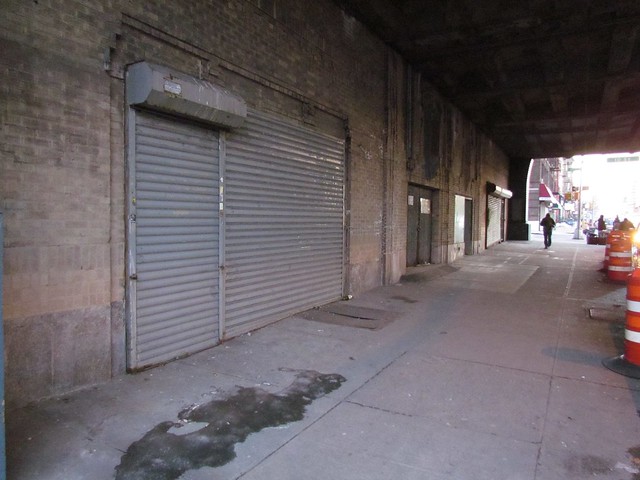It’s hard to believe how quickly 100 days can go by, but that’s the time that’s passed since Joseph Lhota took over the reins at the MTA from Jay Walder. Despite a delayed confirmation hearing that didn’t see Lhota officially assuming the mantle of CEO and Chairman until January, the new head has been in place since mid-November when he served as the agency’s executive director. Today, Dana Rubinstein at Capital New York looks back on those first 100 days and walks away impressed.
“To sum up,” she writes, “Lhota was installed by a governor who doesn’t much care about transit to straighten out the finances and public image of an authority that is a political pinata, all while keeping the trains running on time. Perhaps surprisingly, under these circumstances, Joe Lhota’s first 100 days have been fairly calm. And perhaps more surprisingly, transit people seem to like the job he’s doing.”
While Rubinstein makes the mistake of crediting Lhota with FASTRACK — it was a Walder program that Lhota opted to push through — she highlights the good of his tenure so far: He’s reached out to the TWU, and he’s been a vocal critic of the current MTA funding structure. He recognizes that the MTA cannot survive without the revenue from the payroll tax and has called upon the state to find a more sustainable way to fund transit.
I believe Rubinstein’s take is the right one: Lhota has had a solid first 100 days. Amidst doubts concerning his credentials, he has established himself as a very credible MTA leader. Still, he has his work cut out for him. The TWU still has yet to agree to a contract, and the MTA must continue to push for future expansion plans while shoring up its internal bureaucracy and funding structure. Hopefully, though, Lhota is here to stay as some stability atop the MTA would be a welcome change from the revolving door through which we’ve lived over the past five years.













 (42nd Street Shuttle)
(42nd Street Shuttle)